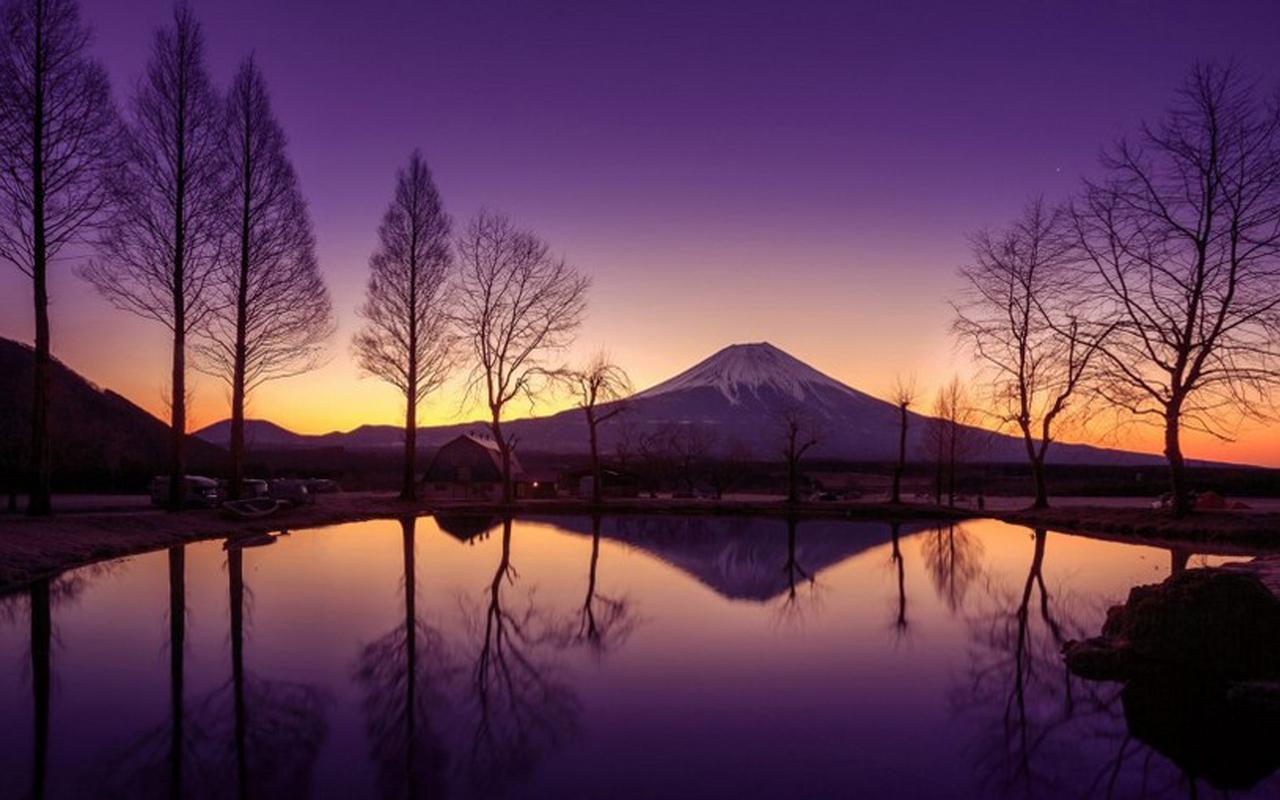Discovering the Beauty of Japanese Cultural Traditions: Exploring the Country’s Most Timeless Customs and Beliefs
Japan is a fascinating and beautiful country that is renowned for its culture and traditions. From the ornate temples and shrines to the elaborate tea ceremonies and traditional festivals, Japan is full of rich and timeless customs that have been passed down through generations. These traditions hold a special place in the hearts of the Japanese people and offer a glimpse into the country’s unique and captivating history.
The Significance of Japanese Cultural Traditions
Japanese cultural traditions play a significant role in the everyday lives of the Japanese people. These customs are deeply ingrained in their society and offer a sense of continuity and stability in an ever-changing world. They are also a source of pride and identity for the Japanese people, who value their cultural heritage and strive to preserve it for future generations.
One of the most important aspects of Japanese cultural traditions is their connection to nature. From the cherry blossom festivals to the traditional gardens and bonsai trees, the Japanese have a deep appreciation for the natural world. This reverence for nature is also reflected in their cuisine, which places a heavy emphasis on fresh and seasonal ingredients.
The Most Timeless Japanese Customs and Beliefs
One of the most iconic Japanese customs is the tea ceremony, which is a highly ritualized and elegant affair. This traditional ceremony is rooted in Zen Buddhism and emphasizes simplicity, harmony, and respect. The tea ceremony is still practiced today and is a popular way to experience Japanese culture firsthand.
Another timeless Japanese custom is the wearing of kimono, which is a traditional Japanese garment worn for special occasions. Kimono is a form of art in itself, with intricate patterns and designs that reflect the changing seasons and natural world. It is a symbol of Japanese culture and is still worn by many Japanese people today.
Japanese festivals are also an important part of the country’s cultural traditions. These festivals celebrate everything from the changing of the seasons to the harvest and are often marked by elaborate parades, colorful costumes, and traditional dances. Some of the most famous Japanese festivals include the cherry blossom festival, the summer fireworks festival, and the autumn moon-viewing festival.
Conclusion
Japanese cultural traditions are an essential part of the country’s identity and offer a unique window into its history and way of life. From the tea ceremony to the wearing of kimono, these customs are deeply ingrained in Japanese society and have been preserved through generations. By exploring Japan’s most timeless customs and beliefs, we can gain a deeper understanding and appreciation of this fascinating and beautiful country.
(Note: Do you have knowledge or insights to share? Unlock new opportunities and expand your reach by joining our authors team. Click Registration to join us and share your expertise with our readers.)
